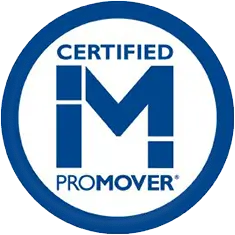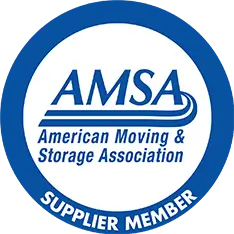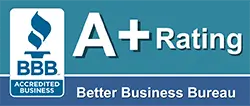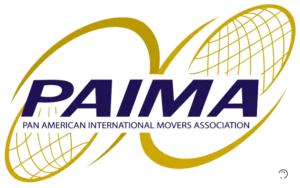Relocating to a new country is an exciting yet complex process, especially when it comes to understanding customs duties and fees. Each destination has its rules and regulations regarding imports, which can significantly impact your moving budget. In this article, we will explore essential aspects of customs duties and fees, preparing for international relocation, navigating regulations, and seeking necessary assistance to ensure a smooth transition.
Understanding Customs Duties and Fees
Definition of Customs Duties and Fees
Customs duties are taxes imposed by a country on goods that are imported or exported across its borders. These fees are determined based on the value of the goods and the specific tariffs applicable to different product categories. Besides duties, many countries also charge various fees related to the customs clearance process, which can include processing fees, handling charges, or storage fees.
Understanding the distinction between customs duties and additional fees is crucial for anyone relocating internationally, as it aids in accurate budgeting and planning. In many instances, customs duties can constitute a significant portion of the total cost when moving personal belongings or other items abroad. Moreover, being aware of these costs can help individuals make informed decisions about what to bring along and what to purchase after arriving at their destination, potentially saving money in the long run.
Factors Influencing Customs Duties and Fees
Several factors influence the amount you’ll need to pay for customs duties and fees, including:
- Item Type: Different goods attract different duties. For example, certain electronics may have higher rates than clothing.
- Country of Origin: The country where the item is manufactured can impact the duty rate based on trade agreements.
- Value of Goods: The higher the total value of the items you are relocating, the more substantial the potential duties.
- Volume of Goods: Larger shipments may incur additional fees due to handling or logistical considerations.
Another important factor to consider is the method of shipping. Different carriers may have varying policies regarding customs clearance, which can affect the overall cost. For instance, expedited shipping options might come with higher fees, but they could also facilitate quicker processing through customs, potentially reducing storage fees if items are held at the port. Additionally, understanding the specific customs regulations of the destination country is critical, as some nations have strict import restrictions on certain items, which could lead to unexpected delays or additional charges if not properly accounted for.
Furthermore, the timing of your shipment can also play a role in determining customs duties and fees. During peak seasons, such as holidays or major sales events, customs processing may be slower, leading to increased storage fees for items that are not cleared in a timely manner. It’s advisable to plan shipments during off-peak times whenever possible, as this can help mitigate costs and ensure a smoother transition. Being proactive and well-informed about these factors can significantly ease the stress of international relocation and help you navigate the complexities of customs duties and fees more effectively.
Preparing for International Relocation
Identifying Items Subject to Customs Duties
Before relocating, it’s essential to create an inventory of the items you plan to bring with you. Assess which goods may be subject to customs duties and identify items that could be exempt. Common items that typically incur duties include electronics, luxury goods, and vehicles.
Some personal items, such as clothing and household goods, may qualify for exemptions depending on your destination country’s regulations. Researching specific exemptions can considerably ease financial burdens associated with the relocation. Additionally, it’s wise to keep in mind that different countries have varying definitions of what constitutes personal effects. For instance, while some nations may allow a certain number of appliances or furniture pieces to enter duty-free, others may impose strict limits. Therefore, understanding the nuances of the customs regulations in your new country is crucial to avoid unexpected fees.
Estimating Potential Costs
Once you have your inventory, it is time to estimate potential customs costs. Calculating the value of your items can help you anticipate the total fees you may incur. Utilizing online customs duty calculators specific to your destination country can streamline this process.
In addition to customs duties, consider budgeting for other potential fees such as transportation costs, insurance, and professional services that may help in navigating customs regulations. It’s also beneficial to factor in the costs associated with potential delays or complications that may arise during the customs clearance process. For example, if certain documents are missing or if your items are flagged for inspection, it could lead to additional storage fees or extended waiting periods. Therefore, having a contingency budget can provide peace of mind and ensure that you’re financially prepared for any unforeseen circumstances during your international move.
Navigating Customs Regulations
Researching Destination Country’s Customs Laws
Thoroughly researching your destination country’s customs laws is vital. Websites of customs authorities typically provide detailed guidelines, including lists of restricted or prohibited items. Familiarizing yourself with these regulations can prevent costly mistakes and delays during the moving process.
Consider joining forums or groups related to expatriates in your new country; they can be a great source of support and information about navigating local customs laws from those with firsthand experience.
Complying with Export Regulations
Besides understanding the customs laws of your destination, it’s equally important to comply with export regulations in your home country. Some goods may require permits or licenses for export, and failing to comply can result in fines or delays.
Prepare all necessary documentation, including invoices or proof of ownership, to ensure a seamless exporting process. Consulting your local customs office or export regulatory body can provide clarity on what’s required.
Paying Customs Duties and Fees
Methods of Payment
Understanding the payment methods for customs duties is essential for a smooth transition. Most countries offer several options, including:
- Credit and Debit Cards: Many customs authorities accept payment via debit or credit cards, making it convenient for many movers.
- Bank Transfers: Some countries require bank transfers to pay duties, so check specific instructions beforehand.
- Cash Payments: While less common, some customs offices might allow cash payments, though this varies by country.
Avoiding Overpayment and Scams
When handling customs payments, be vigilant to avoid scams or overpayments. Always verify the amount of duties due and ensure that you are working with official customs channels. Save all receipts and documentation for your records, which can help in case of disputes.
If in doubt, consider reaching out to professionals who can provide additional guidance on navigating payments and avoiding potential pitfalls.
Seeking Professional Assistance
When to Consider Hiring a Customs Broker
In complex cases, hiring a customs broker may be beneficial. These professionals specialize in customs laws and can help you navigate the intricacies of the import process, ensuring compliance with all regulations. They can assist in preparing documentation, calculating duties, and managing payments, relieving much of the burden from you.
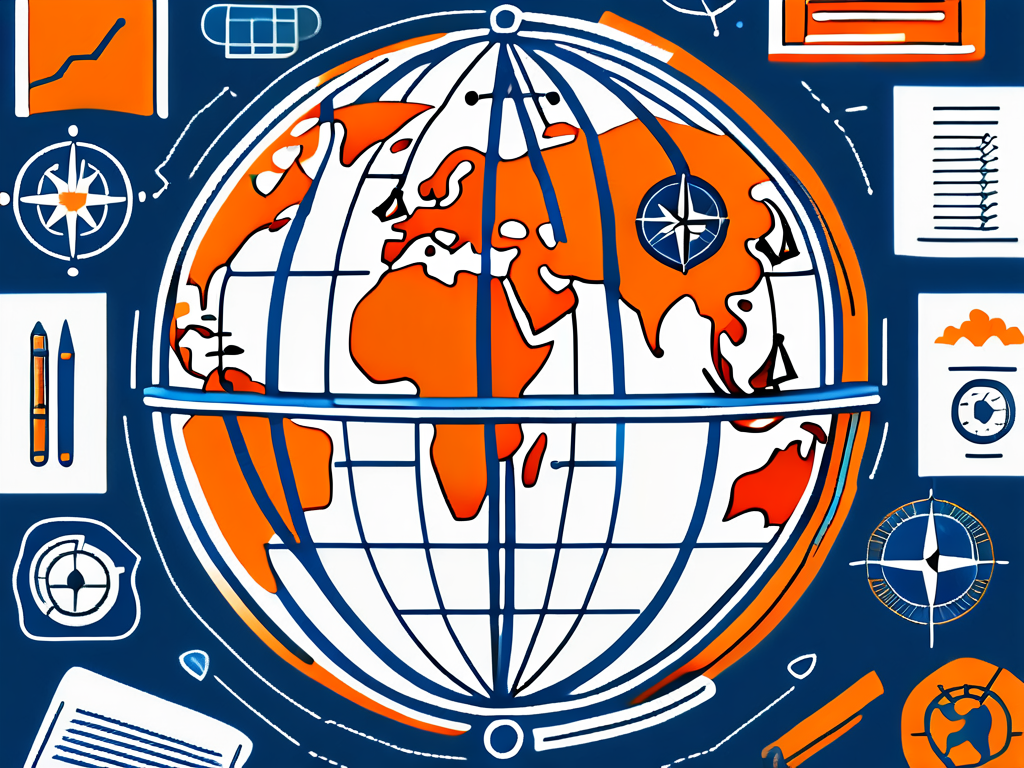
Hiring a customs broker may be especially wise if you are relocating a large quantity of goods or if you possess valuable items that might require special handling or permits.
Benefits of Using Relocation Services
Finally, consider utilizing relocation services that specialize in international moves. These companies are well-versed in the customs process and can offer comprehensive support, often including assistance with packing, shipping, and customs clearance.
Using professional relocation services can not only save time but also minimize stress during a tumultuous time, allowing you to focus on settling into your new home.
In conclusion, handling customs duties and fees when relocating internationally requires careful planning and research. By understanding these concepts and utilizing the right resources, you can navigate the complexities of customs clearance efficiently, ensuring a successful and enjoyable relocation experience.










